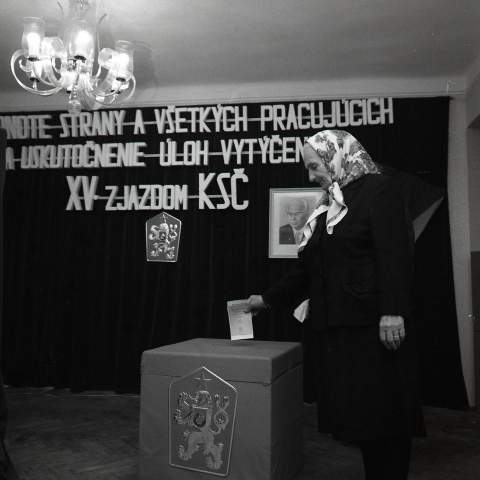
Hungary, much like its fate in the First World War, found itself on the losing side of the Second World War. While some of the alterations brought about by revisionist efforts during the war were reversed, with the Trianon borders restored with minor adjustments, the territories previously transferred to Hungary under the first Vienna Award returned to Czechoslovakia. This reinstatement occurred despite Czechoslovakia's absence during World War II, as the country was re-established after the war's end. Consequently, Czechoslovakia once again absorbed the Hungarian population from its territories, subjecting them to treatment as collective war criminals, stripping them of citizenship, and deporting some individuals.
With Czechoslovakia falling under the Soviet sphere of influence, the ascent of communism was inevitable. In 1948, Czechoslovakia, like other communist states, witnessed the emergence of a totalitarian regime characterized by a one-party system, censorship, state control, planned economy, nationalization, and the forceful retention of power. Hungarian communities in Czechoslovakia found themselves under this oppressive regime. However, relief came when the communists halted the policies of resettlement, population exchange, and citizenship revocation imposed by the Beneš decrees. This apparent leniency was not driven by affection for the Hungarian populace but rather by external pressures. During the Cold War, it was imperative for communist states to maintain amicable relations, prompting Czechoslovakia and Hungary, as fellow communist entities, to resolve their differences.
Despite the oppressive communist regime, Hungarian communities in Czechoslovakia retained certain avenues for expressing their Hungarian identity. They established Hungarian-language publications such as the "Új Szó" daily newspaper, the Madách book publisher, and the Irodalmi Szemle literary magazine, along with cultural institutions like the Hungarian Területi Színház and the Csemadok cultural association. However, these initiatives were subject to strict regulations imposed by the communist authorities.

